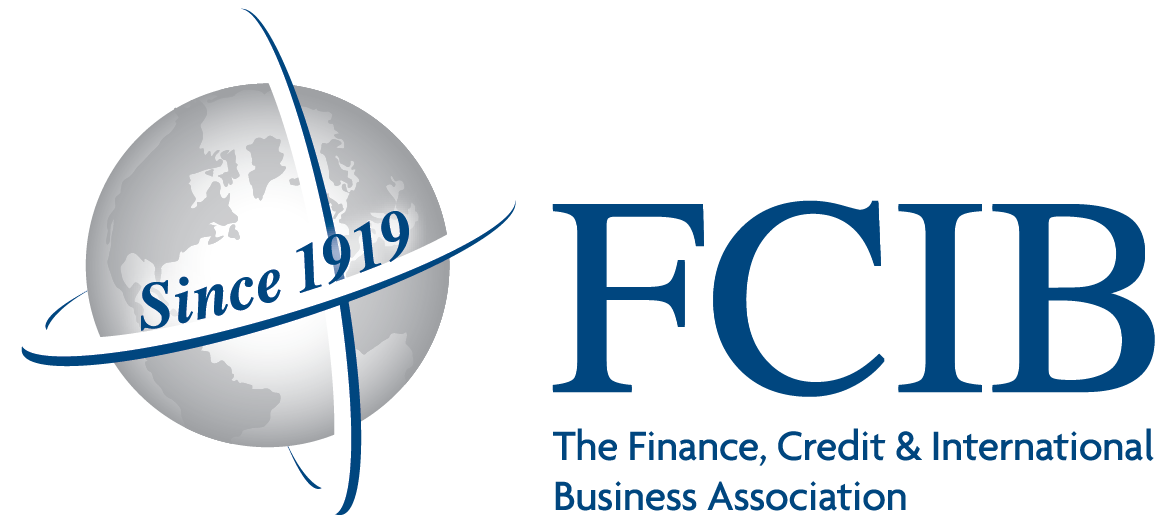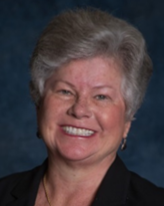SOX and Internal Controls for the Order to Cash Process
Event
- When:
- Wed, July 14, 2021, 11:00 - 12:00
- Category:
- Webinars
Description
General Information
Cost: Members: $95
Non-Members: $195
Registration Includes: One telephone and web connection at one physical location
Time
US: 11:00am – 12:00am ET
*Please remember the time zone differences if you are not on the East Coast.*
Accreditation Points
By participating in this webinar, you will have the opportunity to take a short quiz after the live event to earn CEUs toward your certification/recertification.
About the Webinar
The accounts receivable process includes sub-cycles that range from acquiring and accepting customer orders to recording and controlling cash receipts; and more, including properly valuing receivable balances.
In management's selection of procedures and techniques of control, the degree of control implemented is a matter of reasonable business judgment. The common guideline used in determining the degree of internal controls implementation is that the cost of a control should not exceed the benefit derived.
Subprocesses of the order to cash process (O2C) must have a foundation of internal controls for SOX 404 certification process. Join finance expert, Chris Doxey, CAPP, CCSA, CICA, CPC, as she explores those processes and highlights the risks and controls required for SOX 404.
Topics covered in the session:
- Brief Overview of SOX 404
- What Auditors Look For
- Process Flow of the O2C Process
- The Subprocesses Within the O2C Process
- Internal Control Standards
- Risks
- Key Controls
About the Speaker
|
Chris Doxey, CAPP, CCSA, CICA, CPC, President, Doxey Inc., Paeonian Springs, VA Chris Doxey is an author, speaker and management consultant who is passionate about improving financial processes. Chris focuses on internal controls, process transformation and automation. She has extensive experience with trade directories, metrics, analytics and self-audit tools. Chris spent more than 25 years at Hewlett Packard and Verizon in senior P2P, logistics, and finance and accounting leadership positions. She held executive positions with global P2P audit firms for eight years. During her eight years of management consulting experience, Chris designed a new fiscal closing process for a large enterprise and implemented a self-audit tool for a global P2P audit firm. She developed the requirements for a trade directory and drove the implementation process for a global financial institution. As an example of her process transformation work, Chris worked with a large university to improve internal controls and implement automated account payable processes. She also develops educational content for several P2P solution providers. Chris works with the risk cloud product team at Oracle where she developed the initial set of automated P2P controls and collaborates with the Oracle team on a frequent basis to discuss improvements. She is a long-time speaker at Oracle’s Open World conferences. She leads the risk advisory practice for an Oracle partner and supports the implementation of risk cloud for large enterprise clients. Chris is a certified accounts payable professional (CAPP) and holds a certification in controls self-assessments (CSA). She is a certified professional controller (CPC) and a certified internal controls auditor (CICA). Chris holds a BA, BS, MBA and a graduate certificate in project management. Chris is a member of the Institute for Internal Controls (IIC), the Institute of Internal Auditors (IIA) and the Association of Certified Fraud Examiners (ACFE). She is on the advisory board for the IIC and the Exchange Summit. Chris is the author of The Internal Controls Toolkit and The Fiscal Close Toolkit published by Wiley in 2019. The Controller’s Toolkit and The AP Toolkit will be published this year. |
Webinar Access
Instructions to join the Webinar will be sent to the main registrant's email address the day before.
Remember! please log-in at least 15 minutes prior to the webinar commencing to ensure ample time for technical assistance if needed.





